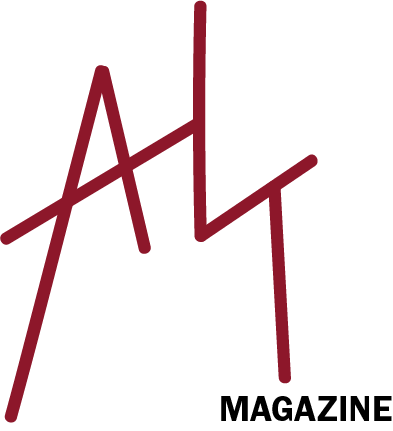By: Alex Hagan, Dissonant
When someone asks me where I’m from, I usually say “DC”. That’s where my home is, it’s where I spent most of my life, and being from the city is a big part of my identity. But I wasn’t always from DC. I was actually born just outside the city in the suburbs of Virginia, still on the same metro train system. Just an hour away by car or train, yet totally different places. In the suburbs, my friends looked like me, their families looked just like my family, their families went to church and did all the same things mine did.
When I moved to DC as a third grader, concepts like race, sexuality, mental illness were all very abstract and a little over my head. Race didn’t become real for me until the first day of my new intercity school when a group of girls asked to touch my hair and one exclaimed “Wow! It’s so soft.”
Every kid knows and hates that feeling like everyone is staring at you, that you stick out. Being the only white kid in a classroom, you kinda feel like that all the time. Many People of Color here in Madison might feel like that all the time, any bit of ethnicity stands out in the snowy white landscape of Wisconsin.
After I became conscious of my race, over time and as I grew up, I realized there were a lot of advantages I had that some of my friends didn’t. I found out this was called privilege, and that I had male privilege and cis privilege and other types of privilege as well. Listening to my friends, I realized there was a host of problems they faced that I never had to worry about.
Female friends worried about walking home safely at night. Gay friends worried about whether they could be honest with their friends or family about who they were. Black friends worried about being profiled. Mentally ill friends worried about whether their meds would work so they could start living their lives again.
Many of these problems will never affect me because of my identity... but how do you feel when a friend talks about a problem in their life? You wish there’s something you can say or do to make that problem go away, or at least improve it. That’s why I’m really passionate about social justice issues, because these are real issues affecting my friends, people that I love, and I want to do something about it. These aren’t simple problems you can solve with a good piece of advice or a favor, these are problems that require a transformation of our whole society to fix them, so we need everyone fighting for these issues.
That's why I am a part of Dissonant, to expose as many people as possible to underrepresented voices, because these are beautiful voices and once people start to love these voices, that’s when they are going to help them.
